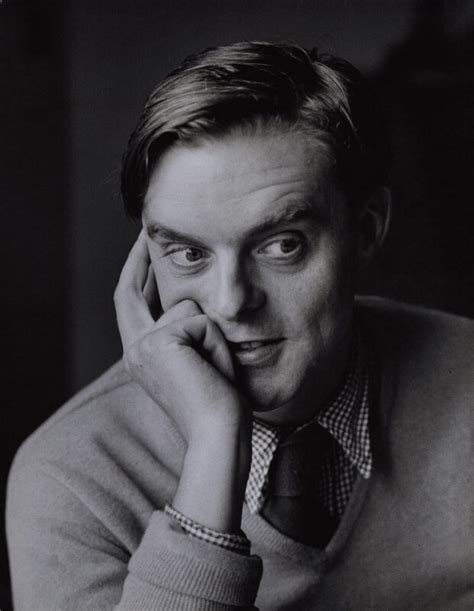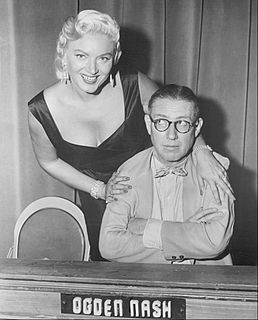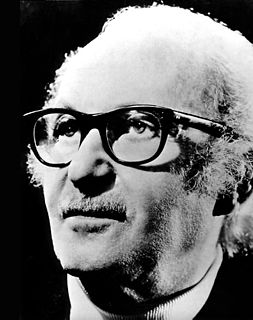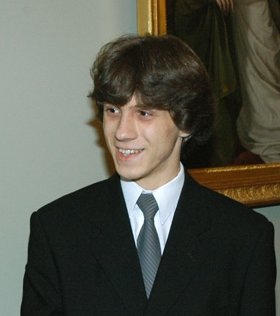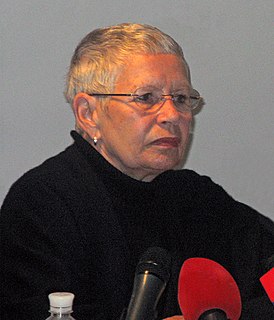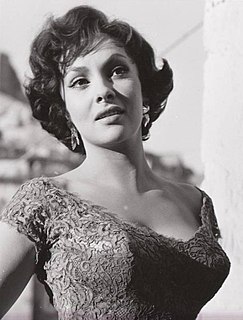A Quote by John Wain
The cinema is - in Jean Cocteau’s famous words - ‘a dream that can be dreamt by many people at the same time’.
Related Quotes
I wouldn't be happy to be a specialist. There are some very interesting artists in history who refused to be nailed down into a category, like Da Vinci or Jean Cocteau. You could say Cocteau was a great poet but also a film-maker, interested in theatre, sculpture, and could never identify with any of these forms exclusively.
The public has lost the habit of movie-going because the cinema no longer possesses the charm, the hypnotic charisma, the authority it once commanded. The image it once held for us all — that of a dream we dreamt with our eyes open — has disappeared. Is it still possible that one thousand people might group together in the dark and experience the dream that a single individual has directed?
You think I have more than most people dream of? What other people dream of doesn't matter. I always had less than I ever dreamt of. All I ever dreamt of was family. A father and a mother. Most people don't even need to dream of such luxuries, they take them for granted. That is what I used to dwell on, alone in my bedroom. I dwelt as all children do, on the injustice. Injustice is the most terrible thing in the world, Oliver. Everything that is evil springs from it and only a cheap soul can abide it without anger.
Marilyn always dreamt of being an actress. She didn't, by the way, dream of being just a star. She dreamt of being an actress. And she had always lived somehow with that dream. And that is why, despite the fact that she became one of the most unusual and outstanding stars of all time, she herself was never satisfied. When she came to New York, she began to perceive the possibilities of really accomplishing her dream, of being an actress.
The fame thing is interesting because I never wanted to be famous, and I never dreamt I would be famous....You know I didn't think they'd rake through my bins, I didn't expect to be photographed on the beach through long lens. I never dreamt it would impact my daughter's life negatively, which at times it has. It would be churlish to say there's nothing good about being famous; to have a total stranger walk up to you as you're walking around Safeways, and say a number of nice things that they might say about your work.
Words, English words, are full of echoes, of memories, of associations. They have been out and about, on people's lips, in their houses, in the streets, in the fields, for so many centuries. And that is one of the chief difficulties in writing them today -- that they are stored with other meanings, with other memories, and they have contracted so many famous marriages in the past.
The fame thing is interesting because I never wanted to be famous, and I never dreamt I would be famous. You know, my fantasy of being a famous writer, and again there's a slight disconnect with reality which happens a lot with me. I imagined being a famous writer would be like being like Jane Austen.
